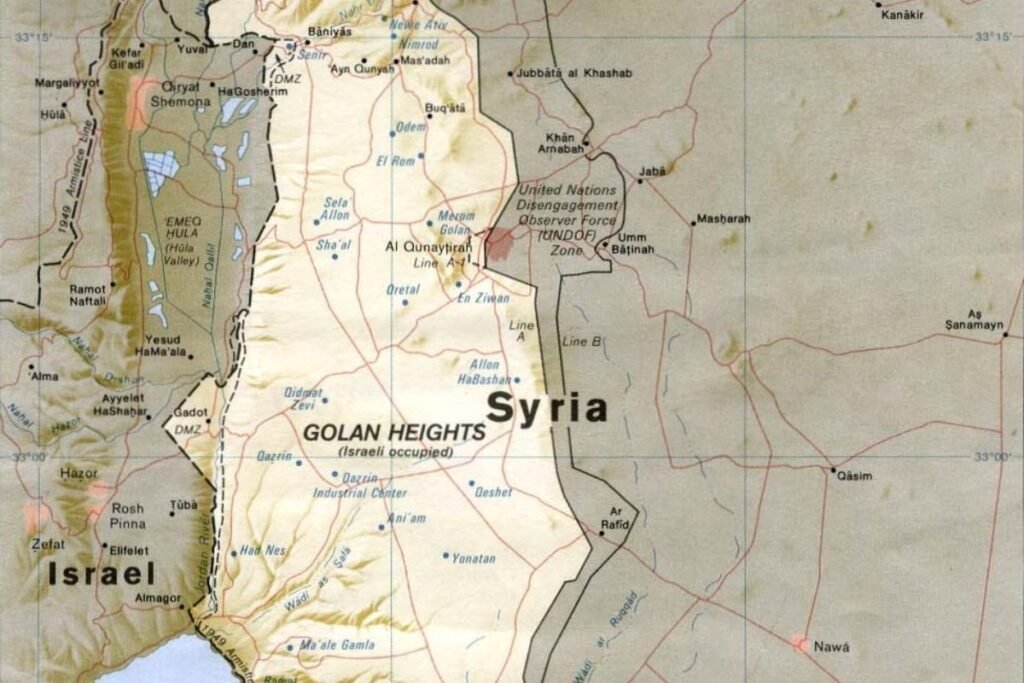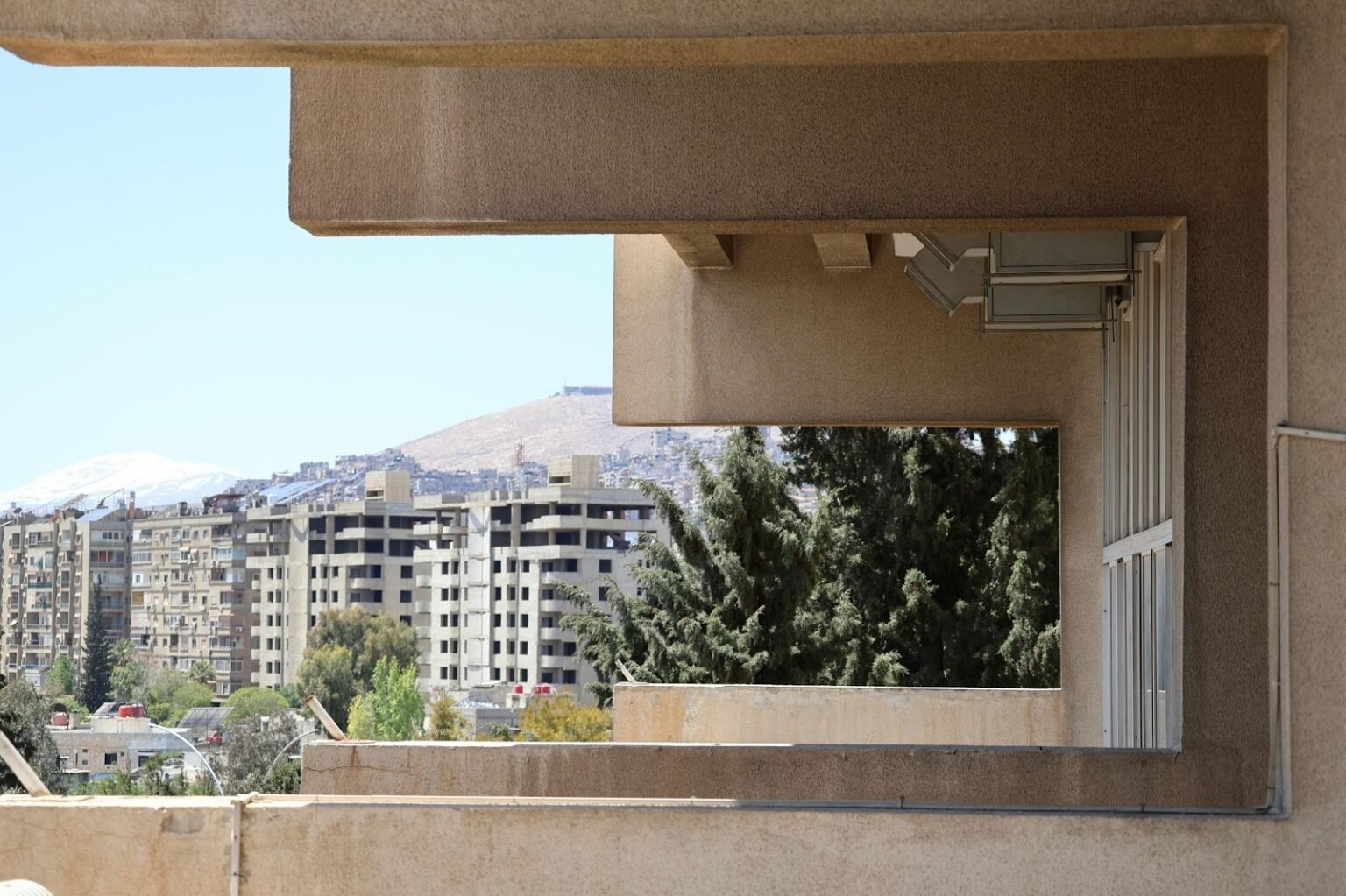In a significant development indicating potential fundamental shifts in the region, Israeli newspaper Israel Hayom leaked reports of unprecedented direct contacts between Syria and Israel. According to the newspaper, Israeli National Security Council head Tzachi Hanegbi is personally overseeing these talks, which he described as daily and involving various levels of government.
Despite the official silence from both sides, signs of changing policies between the two countries are becoming more evident. These leaks are not the only indicators. A recently circulated image on social media depicted several Middle Eastern and world leaders — including Syrian President Ahmad Al-Shara — under the slogans of the Abraham Accords and the New Middle East. The Abraham Accords represent a foundational pillar for improving relations and normalizing ties between Israel and several Arab and regional countries.
Between Leaks and Realities:
Notably, the leak was followed by the official Syrian presidency’s publication of photos showing President Al-Shara meeting with local dignitaries from Quneitra and the Golan region. During the meetings, the Syrian president acknowledged the existence of talks under the supervision of international mediators as part of de-escalation efforts.
What is being released by both Damascus and Tel Aviv strengthens the narrative that relations may improve, potentially even to the point of normalization.
“The dialogue with Syria is no longer limited to backchannels or intermediaries but has become direct and daily, involving various levels of government.”
– Head of Israel’s National Security Council
Normalization in Exchange for Withdrawal:
According to Israel Hayom, in response to a parliamentary inquiry during a closed session of the Israeli Knesset about the possibility of Israel withdrawing from the demilitarized zone in the Golan, Hanegbi stated: “If the normalization path is achieved, this is a scenario that will be on the table.”
Hanegbi further emphasized, “The dialogue with Syria is no longer limited to backchannels or intermediaries but has become direct and daily, involving various levels of government.”
These unprecedented Israeli statements — even if conditional — reveal for the first time a readiness to discuss new security arrangements in a region where the conflict has persisted for over fifty years.
Reuters also reported, citing multiple sources, that direct face-to-face meetings between the two sides took place even before the recent Iranian-Israeli security confrontation.
Thus, Syria — and the region more broadly — may be on the cusp of new equations that could reshape the geopolitical map of the Middle East.



